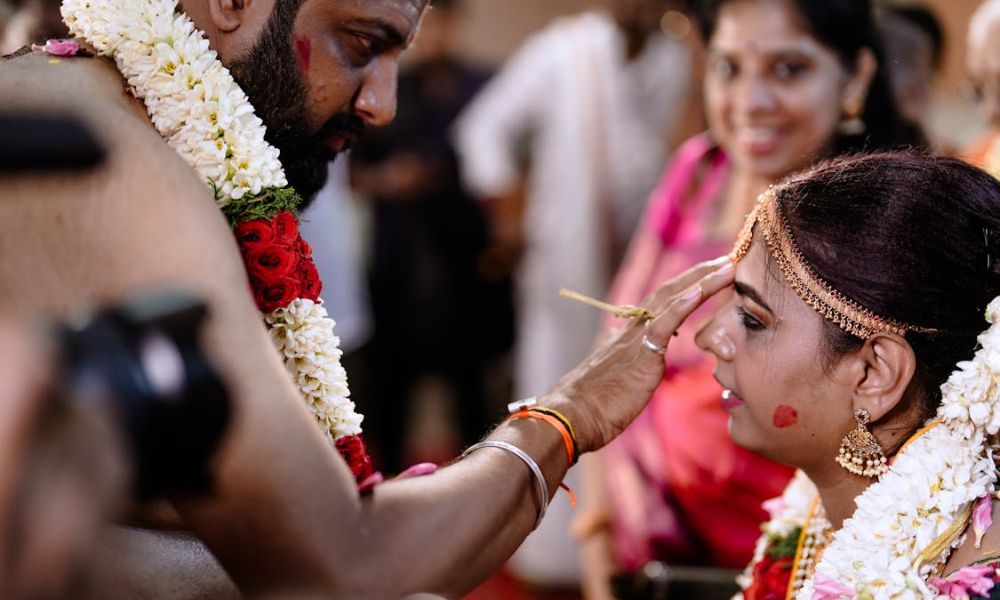
Marriage is a union of two individuals, but it’s often more than just a personal decision; it involves families, traditions, and cultural expectations. In many societies, family expectations and preferences play a pivotal role in the matchmaking process. This is where marriage bureaus come into the picture, acting as intermediaries that help navigate the complex landscape of family expectations while finding a suitable life partner.
Understanding Family Dynamics
Before diving into how marriage bureaus assist, it’s essential to understand why family expectations are significant. In traditional societies, marriages are not only about the individuals but also about aligning families, preserving cultural values, and ensuring compatibility across various facets like social status, religion, and lifestyle. Parents and family members often have a say in the selection process, driven by their desire to see their children in a stable and harmonious relationship.
The Role of Marriage Bureaus
1. Mediating Between Families
Marriage bureaus serve as a bridge between the families of potential partners. They help in facilitating communication and understanding between the two parties. By presenting a neutral and professional perspective, these bureaus can mediate discussions and manage expectations, ensuring that both families are on the same page. This mediation helps in reducing misunderstandings and conflicts that might arise due to differing family values or expectations.
2. Tailoring Matches Based on Preferences
One of the primary services provided by marriage bureaus is understanding and catering to the specific preferences and expectations of families. They collect detailed information about the individual’s background, including educational qualifications, professional achievements, family values, and personal preferences. This information is then used to match individuals with partners who align with both personal and familial expectations.
Marriage bureaus also consider cultural, religious, and socio-economic backgrounds to ensure that the match is not only suitable for the individuals but also acceptable to their families. This tailored approach increases the likelihood of finding a match that satisfies everyone involved.
Don’t Miss: How Marriage Bureaus Handle Different Religious and Cultural Backgrounds
3. Providing Expertise and Guidance
Marriage bureaus have experience dealing with a wide range of family expectations and preferences. Their expertise allows them to offer valuable advice on navigating these complexities. They can provide insights into how to approach sensitive topics, handle negotiations, and manage family dynamics. This guidance is particularly beneficial for individuals who might be unfamiliar with the traditional aspects of matchmaking or who face challenges in balancing their own preferences with family expectations.
4. Ensuring Transparency and Communication
Transparency is crucial in the matchmaking process, especially when families are involved. Marriage bureaus play a key role in ensuring that all parties are informed and that there are no hidden agendas. They facilitate clear communication between the families, helping to set realistic expectations and avoid misunderstandings. By providing detailed profiles and conducting thorough background checks, marriage bureaus ensure that families have a comprehensive understanding of potential matches.
5. Offering Support Throughout the Process
The journey to finding a life partner can be emotionally taxing, especially when family expectations come into play. Marriage bureaus offer support not just in finding a match but also throughout the engagement process. They assist in organizing meetings, handling logistics, and providing emotional support to both individuals and their families. This support helps in easing the pressure and ensuring a smoother transition from dating to marriage.
Don’t Miss: 5 Tips to Strengthen Your Relationship in Remarriage and Stepfamilies
6. Balancing Tradition with Modernity
In today’s rapidly changing world, families often grapple with balancing traditional values with modern preferences. Marriage bureaus are adept at navigating this balance. They respect traditional customs while also accommodating modern views and preferences. This balance is crucial in ensuring that the matchmaking process respects cultural values while also considering individual aspirations and desires.
7. Conflict Resolution
Differences in family expectations can sometimes lead to conflicts. Marriage bureaus are equipped to handle such situations by offering conflict resolution services. They can mediate between families to address concerns, find common ground, and work towards a resolution that satisfies both parties. Their neutral stance and problem-solving skills are invaluable in resolving issues that might otherwise derail the matchmaking process.
The Blessings Matrimonials
The Blessings Matrimonials, the best matrimonial service in Delhi, is dedicated to helping individuals find their ideal life partners with trust and confidentiality. Renowned for its personalized matchmaking, the service combines traditional values with modern technology to create meaningful connections. With a focus on client privacy, The Blessings Matrimonials ensures every detail is handled with the utmost care, making it the top choice for those seeking a respectful, secure, and successful matrimonial experience.
Wrapping Up
Navigating family expectations and preferences can be one of the most challenging aspects of the matchmaking process. Marriage bureaus play a vital role in easing this journey by acting as intermediaries, providing tailored matches, offering expert guidance, ensuring transparency, and supporting families throughout the process. Their expertise and experience help in aligning personal and familial expectations, making the quest for a life partner a more manageable and harmonious experience.
Don’t Miss: Importance of Confidentiality in Matrimonial Services